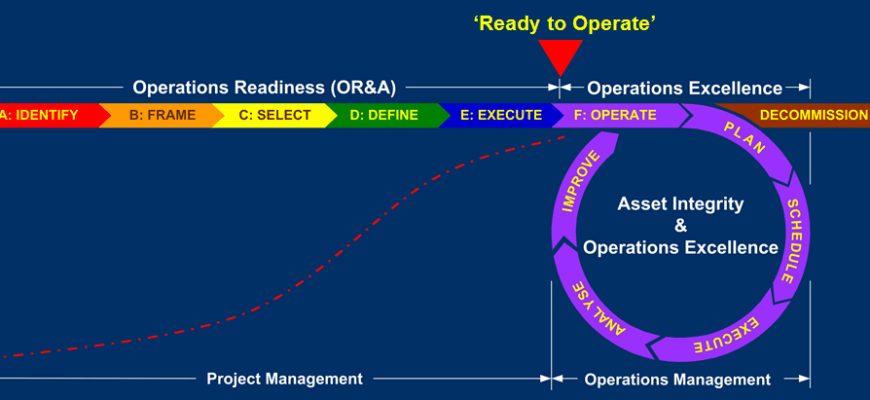In the high-stakes world of professional football, where player contracts often stretch into astronomical figures, the line between strategic asset management and individual welfare can become surprisingly blurred. Such is the unfolding narrative at Stamford Bridge, where two prominent figures, Raheem Sterling and Axel Disasi, have found themselves in a curious predicament. Once integral parts of Chelsea’s ambitious plans, they are now navigating a peculiar path – training in isolation, yet paradoxically, being prepared for their next chapter.
Frozen Out, Not Forgotten
The saga began quietly, yet publicly enough, with reports surfacing that Sterling and Disasi had been effectively “frozen out” of the first-team squad by manager Enzo Maresca. Their offense? Failing to secure moves away from Chelsea during the preceding summer transfer window. This scenario, often dubbed the “bomb squad” in football parlance, sees players relegated to separate training regimes, a stark contrast to the camaraderie and competition of the main group.
Sterling, a seasoned international, even offered a glimpse into his isolated routine, posting a late-night training picture on social media. This seemingly innocuous snapshot, however, caught the attention of the Professional Footballers` Association (PFA). The PFA, ever vigilant in its role as a guardian of player rights, expressed significant concern over the club`s treatment of the duo, prompting a closer examination of compliance with FIFA`s regulations concerning isolated players.
The Manager`s Stance and the PFA`s Intervention
Chelsea`s manager, Enzo Maresca, initially responded to the PFA`s concerns with a rather… grounded perspective. In a press conference, he drew an interesting, if not entirely analogous, comparison to his father`s arduous life as a fisherman. “My father is 75 years old and for 50 years he has been a fisherman, working from two o’clock in the morning to 10 o’clock in the morning,” Maresca stated, implying that a professional footballer`s isolated training, while not ideal, hardly equated to genuine hardship.
“This is sad in life – not a player and the way that they work. I’ve been in Raheem’s situation and Axel’s situation as a player, and for sure, I know that it’s not the best feeling for a player because you want to train and play and then, for a different reason, the situation is the situation. I know that the club is giving them the opportunity to work in the right way and this is the only thing I can say. It’s not just Chelsea, it’s any club in the world, I can promise you.”
While Maresca`s defense painted a picture of club support, the PFA`s involvement underscored the ethical tightrope clubs walk when managing players no longer deemed part of their immediate plans. Following constructive dialogue with Chelsea, the PFA appears, for now, satisfied that the club is adhering to necessary welfare protocols, though they will continue to monitor the situation closely.
The “Gift” – A Strategic Investment
So, what exactly is this “gift” Chelsea is bestowing upon Sterling and Disasi? Far from a simple act of benevolence, it`s a meticulously calculated business maneuver. Reports indicate that Chelsea is “supporting” both players with a personalized training regimen designed to maintain their physical sharpness and match readiness. The logic is clear: a fit, prepared player is a marketable player. A player whose abilities have atrophied due to neglect is a financial liability.
Chelsea, acutely aware of Sterling`s hefty £325,000-per-week wages and Disasi`s considerable transfer fee, has a vested interest in ensuring these assets retain their market value. The personalized training isn`t just about player welfare; it`s about making them attractive propositions for potential suitors in the upcoming January transfer window, or failing that, next summer.
The Road Ahead: Navigating a Complex Market
The journey for Sterling and Disasi, however, remains fraught with challenges. Sterling, having endured a less-than-stellar loan spell at Arsenal last season, faces the added complication of his reported preference to remain in London – a choice that significantly narrows his potential destinations. Disasi, on the other hand, had several offers in the summer, reportedly rejecting moves to West Ham, Bournemouth, and Sunderland, holding out for a return to Monaco that never materialized. Speculation linking both players to the Middle East has also, thus far, failed to gain traction.
The January transfer window is notoriously difficult to navigate. Clubs are often unwilling to release key players mid-season, and the pool of available funds and suitable replacements is typically smaller than in the summer. For Sterling and Disasi, it represents their best immediate chance to escape their current limbo and reignite their careers elsewhere.
Chelsea`s strategy, while pragmatic, highlights the unique complexities of modern football. It’s a delicate dance between player welfare, contractual obligations, and commercial viability. The “gift” of tailored training serves not only as a pathway for Sterling and Disasi but also as a testament to the club`s calculated approach to managing its assets, even when those assets are no longer central to its immediate sporting ambitions. The coming transfer windows will reveal whether this strategic investment pays off, allowing both players to find new homes and Chelsea to streamline its squad and balance its books.









